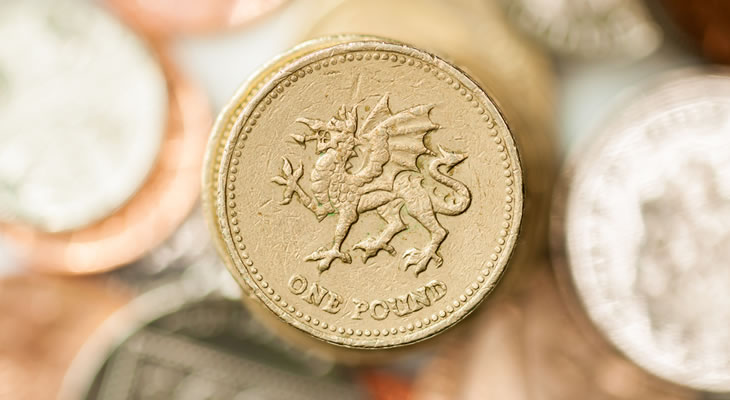- Euro Pound Slides to 0.9002 – Pound Euro Climbs to 1.1105
- EU Repeal Bill Successfully Passes – Pound Rallies
- BoE Rate Decision on Thursday – Volatility Forecast
The Euro Pound exchange rate has continued to fall today in the wake of the passing of the EU Repeal Bill and the UK’s inflation rate smashing expectations.
The UK’s headline inflation rate figure rose to its highest level in five years, printing at 2.9% in August, beating expectations of 2.8% and indeed the previous period’s 2.6%. Investors have pointed to the fall in the value of the Pound as being mostly responsible for inflation’s continued climb, although a rebound in the prices of oil and clothing also drove the figure higher.
This news immediately fostered even more demand for the Pound (which was already rallying in the wake of the EU Repeal Bill passing) as investors have begun to question the previous notion that a September rate hike would be unlikely.
So what can we expect for EUR GBP from the September BoE meeting and has the outlook now significantly changed?
Whilst the BoE is widely expected to hold interest rates steady in the September 14th meeting, today’s latest leap in inflation could be taken by various members of the Monetary Policy Committee (MPC) as an indication that the time for a rate hike is nearing.
The August minutes reflected a similar sentiment, stating that the removal of some stimulus could be warranted in the event of an inflation overshoot:
‘The withdrawal of part of the stimulus that the Committee had injected in August last year would help to moderate the inflation overshoot while leaving monetary policy very supportive’.
The contrasting view, however, is that with the UK’s GDP growth remaining sluggish, members of the MPC may turn to favour a tactic of delay, keeping things steady for now but perhaps opting for higher interest rates in December.
The discussion is also further complicated by the arrival of Sir David Ramsden on the MPC, a new member who is currently regarded as someone that has yet to prove themselves either dovish or hawkish.
As things stand, there are three members considered to be hawks and 5 to be doves, and even if the hawks fail to win, a 5-4 vote (for example) in favour of keeping rates steady would still mark a significant shift in sentiment. Such an event would propel the Pound even further, as markets would deem it evidence that a near-term rate hike can’t be ruled out.
Eurozone Data Unlikely to Prevent EUR GBP’s fall
Whilst markets are waiting patiently for Thursday’s BoE rate decision, some attention will fall on tomorrow’s Eurozone data prints, particularly the employment change data, industrial production readings and German inflation figures.
Germany’s year-on-year inflation rate for August is predicted to print at 1.8%, up from the previous period’s 1.7%, whilst industrial production in the Euro Area is expected to jump from 2.6% in June to 3.6% in July. Employment change is predicted to remain predominantly steady.
These figures might help slow EUR GBP’s fall, but their ability to swing EUR GBP into the single currency’s favour is questionable, especially with tomorrow’s UK employment figures predicted to be robust.
Indeed, if the UK’s employment prints don’t overly disappoint then the Pound will likely hold its gains into Thursday. However, whether they will last through the aftermath of the September rate meeting is dependent on the number of hawkish votes collated and the sentiment revealed in the accompanying BoE minutes.


Comments are closed.